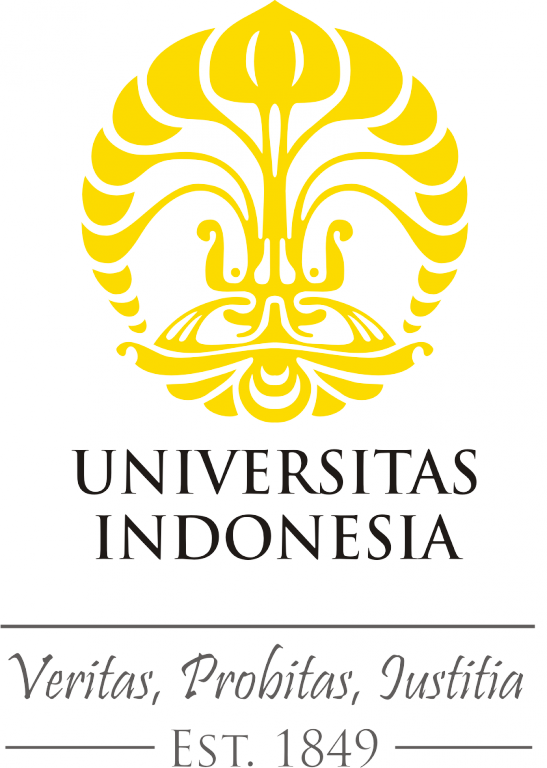
Universitas Indonesia


| Call Number | SEM-217 |
| Collection Type | Indeks Artikel prosiding/Sem |
| Title | Research and Academic Networks: The Emerging Tower of Babel |
| Author | Irving A. Lerch; |
| Publisher | INET'95 Annual Meeting of the Internet Society Vol. 2 |
| Subject | |
| Location |
| Nomor Panggil | ID Koleksi | Status |
|---|---|---|
| SEM-217 | TERSEDIA |
The emergence of the "infobahn" has widened the separation of the physical sciences into the connected and disconnected. The vitality of the international scientific enterprise is dependent upon open and facile communications. The unprecedented development of the Internet in the US was accelerated when academic and scientific users were given subsidized access. Yet contrary policies of other governments are choking off communication elsewhere. In Russia, only those few groups with proprietary connections to land lines or satellite ground stations have reasonable, if impeded, admittance. In China, the academic and research communities are virtually excluded from the high-capacity optical cables connecting with Japan. Thus for many potential users, the network connections are tenuous or nonexistent, largely restricted to dial-up protocols. The UNESCO working group on networking and telecommunications has been examining ways to support and integrate the efforts of others: the International Science Foundation and UN in Ukraine and Russia, the OSA in Latin America, bilateral programs in China and elsewhere in Asia, and--most important--the exploitation of the many programs activities of users groups and learned societies. Resources are being sought to support the training of networking specialists and users in the the former Soviet Union. China and Africa. International learned society contacts have been encouraged such as between the Chinese and American Physical Societies whereby mirrored bulletin board exchanges have been set up to facilitate coordination on joint collaborations.